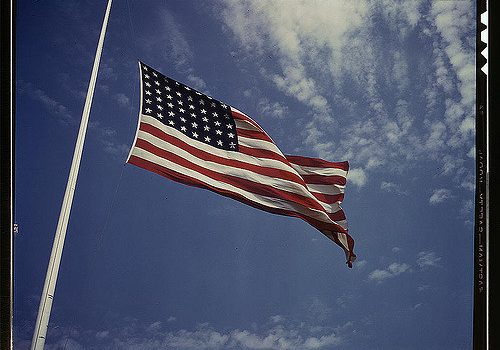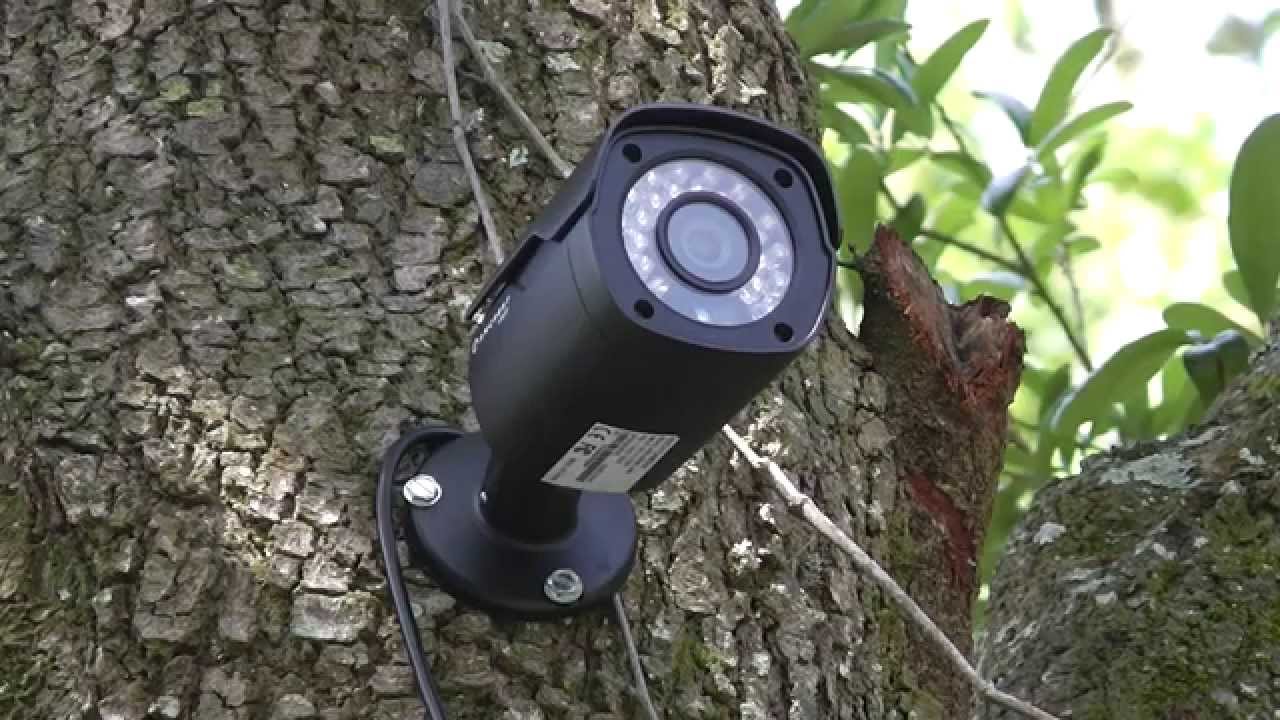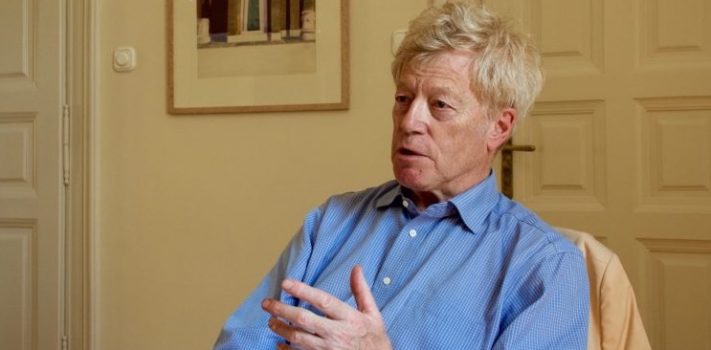Preparedness Notes for Thursday — September 3, 2020
On September 3, 1651 Battle of Worcester: Oliver Cromwell’s New Model army destroys English royalist force of mainly Scots in the last battle of English Civil War. — On September 3, 1752, Great Britain and it’s colonies, including the future United States of America officially adopted the Gregorian calendar, and it immediately became September the 14th. — SurvivalBlog Writing Contest Today we present another entry for Round 90 of the SurvivalBlog non-fiction writing contest. The prizes for this round include: First Prize: A gift certificate from Quantum Harvest LLC (up to a $2,200 value) good for 12% off the purchase of any …




